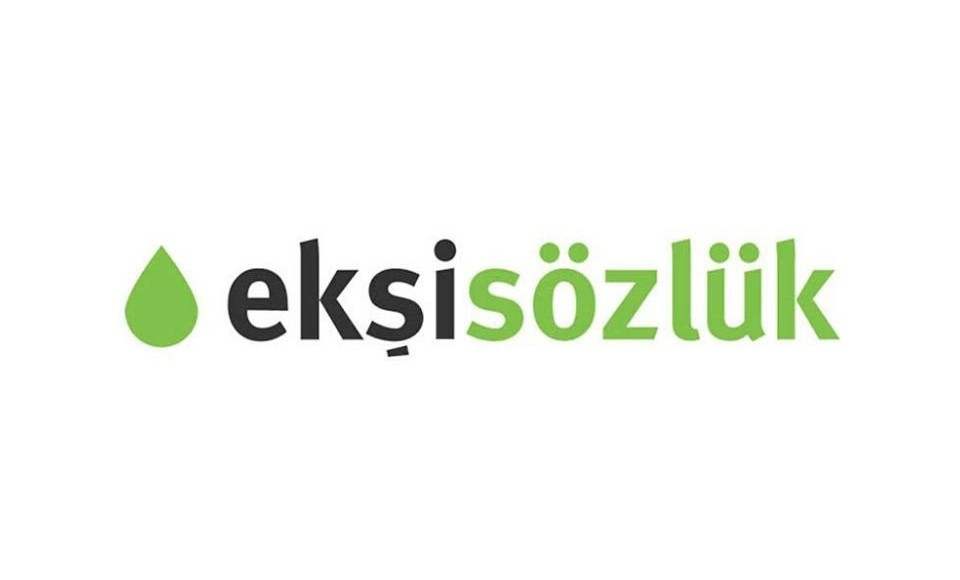Turkey’s Constitutional Court has found a violation of freedom of expression in an access ban on popular social media platform Ekşi Sözlük imposed in the aftermath of major earthquakes last year, the platform has announced.
Ekşi Sözlük, where users can anonymously post and discuss messages on any subject, has been facing online censorship since February, when Turkey was hit by two powerful earthquakes that claimed more than 50,000 lives.
Turkey’s Telecommunications Authority (BTK) imposed an access ban on the platform’s main website, eksisozluk.com, in February for the “protection of national security and public order” due to messages on the platform criticizing Turkey’s lack of earthquake preparedness and what many said was the government’s poor response to it.
When the platform switched to alternative websites to circumvent the ban, they also faced access bans.
Ekşi Sözlük challenged the ban at the country’s top court.
merhaba,
sizlerle daha önce paylaştığımız gibi, ankara 4. sulh ceza hakimliği'nin 22/02/2023 tarihli ve 2023/1532 d.iş sayılı kararıyla https://t.co/EEVPwdKr1I’a erişimin engellenmesine karşı anayasa mahkemesi'ne başvuruda bulunmuştuk.
bugün, anayasa mahkemesi'nin başvurumuzu… pic.twitter.com/hjda6WWe7Q
— ekşi sözlük (@sozluk) January 11, 2024
The platform announced on its X account on Thursday that the Constitutional Court had concluded its review and found a violation of freedom of expression, which is guaranteed in Article 26 of the Turkish Constitution.
Ekşi Sözlük said the top court sent a copy of its ruling to the Ankara 4th Penal Court of Peace, which had imposed the ban, to eliminate the violation.
“We maintained our fight without losing our belief in justice and law. The ruling of the Constitutional Court has strengthened our belief,” said the platform, adding that it would continue to do its best for the protection of freedom of expression in Turkey.
The announcement by Ekşi Sözlük has led to bittersweet joy among social media users, with some commenting under its tweet that the top court’s decision may not be honored by the local court and that the platform may continue to be inaccessible.
Although local courts are technically required to act in line with the rulings of the Constitutional Court, that is no longer what happens in Turkey, whose judiciary is under harsh criticism for acting on orders from the government rather than acting in line with the law.
The country is going through a judicial crisis due to the refusal of other courts to comply with a favorable ruling from the top court about a jailed opposition lawmaker. These other courts are refusing to allow the MP to be released from jail despite a top court ruling that found rights violations in his incarceration, which continues despite the fact that he enjoys parliamentary immunity.


